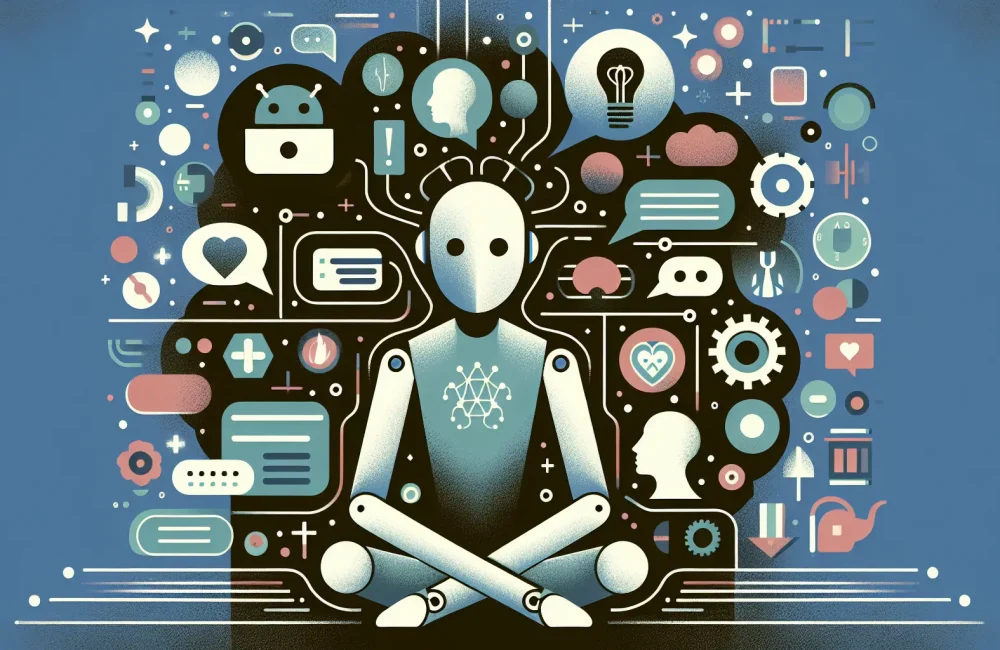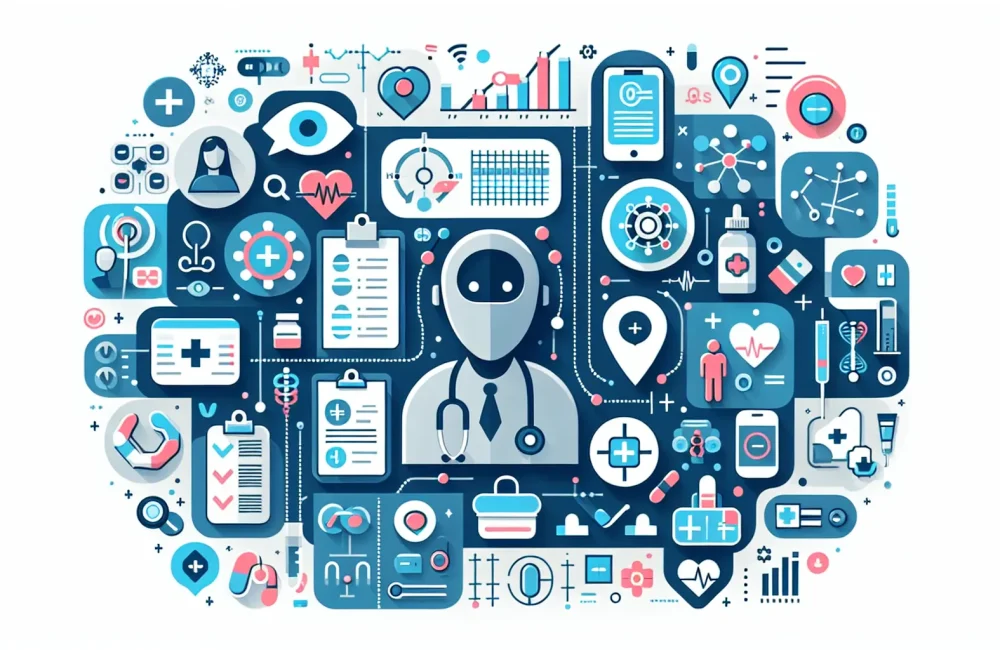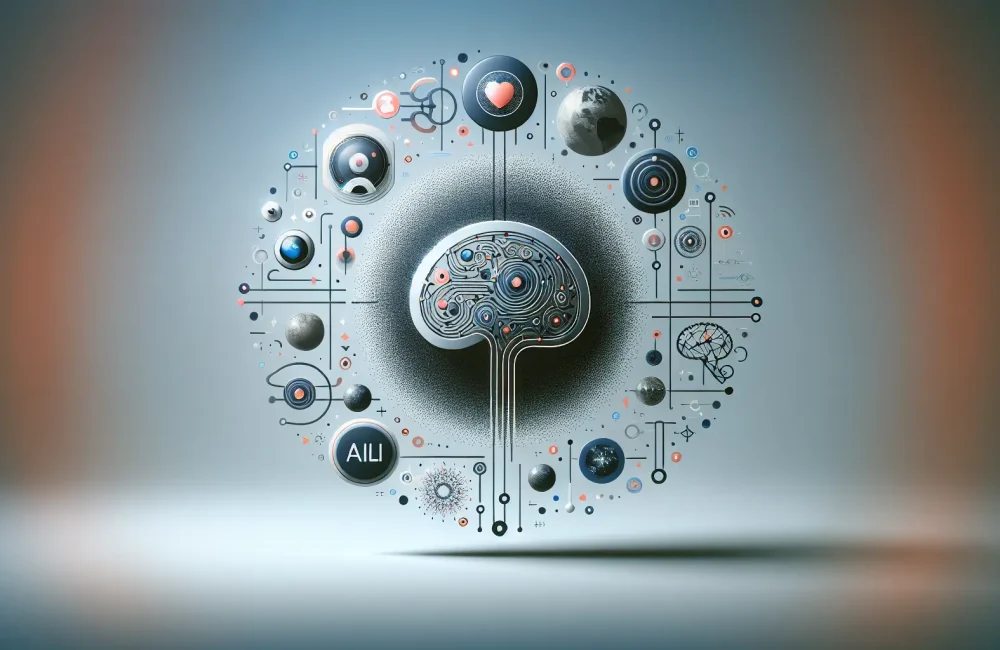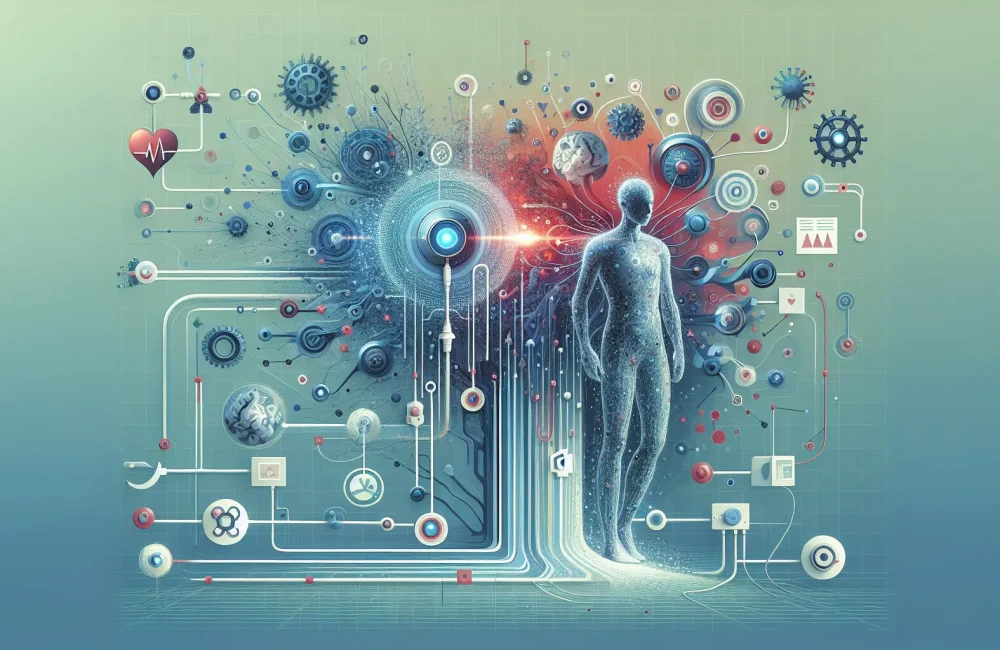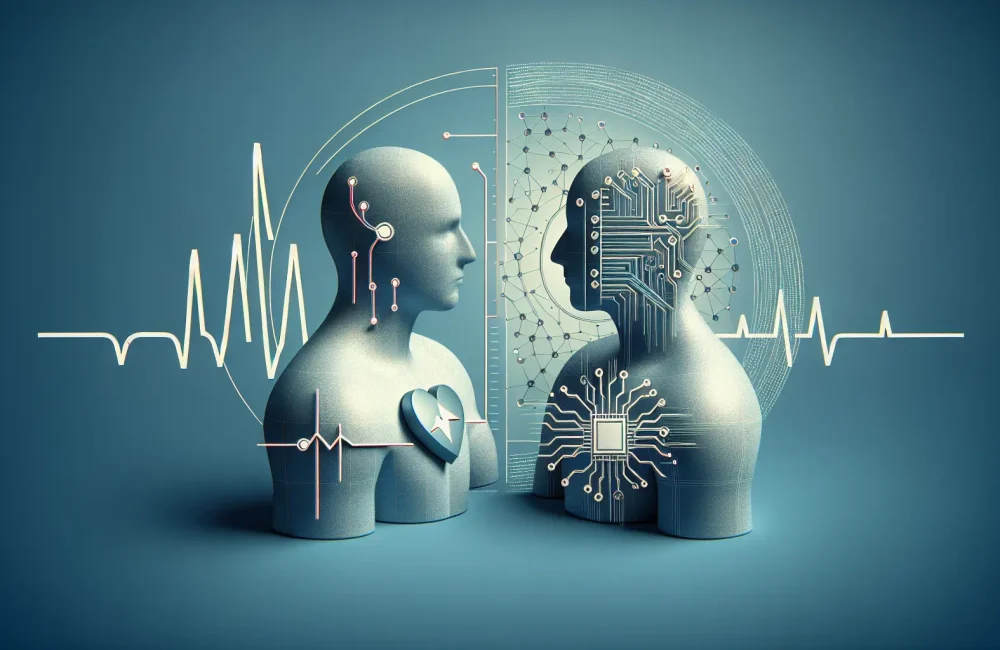By CAFMI AI From NEJM AI
Study Design and Participant Overview
This randomized trial explored the effectiveness of a generative AI chatbot as a novel approach to mental health treatment. The study recruited a diverse participant group experiencing various mental health challenges, offering a representative sample relevant to clinical practice in the United States. The trial deployed a controlled protocol where participants engaged with the AI chatbot over a defined period, receiving automated conversational support tailored to psychological needs. This design allowed researchers to measure symptom changes and engagement levels compared to standard support methods. The intervention aimed to provide accessible mental health assistance, particularly for patients facing barriers to traditional therapy, such as geographic, economic, or stigma-related obstacles. Ethical considerations were carefully addressed, ensuring informed consent and data privacy, which are critical for AI applications in healthcare. The trial’s focus on user experience and clinical outcomes reflects an effort to evaluate AI chatbots not only for technological novelty but for genuine therapeutic benefit.
Key Findings and Clinical Implications
The trial demonstrated meaningful improvements in symptoms of depression and anxiety among participants who used the AI chatbot, highlighting its potential as a supplemental mental health resource. Engagement rates were noteworthy, with many users actively interacting with the chatbot multiple times per week, suggesting a level of adherence comparable to some traditional therapy formats. These findings emphasize the chatbot’s role in expanding mental health care options, potentially easing the strain on overburdened healthcare systems and improving access for underserved populations. Clinicians should note that while the chatbot showed promise, it is not positioned to replace human therapists but rather to function as an adjunct, especially in primary care or community settings where mental health professionals may be scarce. The ease of integration with existing care pathways and its scalability present practical advantages for clinics and healthcare systems aiming to enhance behavioral health services efficiently.
Limitations, Ethical Concerns, and Future Directions
Despite the encouraging outcomes, the study acknowledged several limitations. The data on long-term efficacy remains limited, prompting the need for extended follow-up research to assess sustained symptom relief and safety. The chatbot’s responses, while sophisticated, lack the nuanced judgment and empathy a human therapist provides, which clinicians must consider when recommending its use. Ethical issues regarding patient privacy, data security, and consent processes were highlighted, underscoring that rigorous safeguards are essential when incorporating AI tools into mental health care. The letter stresses that ongoing innovation should be paired with stringent evaluation frameworks to prevent potential harm and misuse. For clinical practice, this means establishing clear guidelines for AI chatbot deployment, including criteria for patient selection, monitoring protocols, and setting expectations with patients about the chatbot’s capabilities and limitations. Future research directions include exploring personalized AI models, integrating multimodal feedback, and assessing cost-effectiveness in diverse healthcare settings. Clinicians are encouraged to remain informed and cautious, blending emerging technologies with traditional clinical judgment to optimize patient care outcomes.
Read The Original Publication Here
